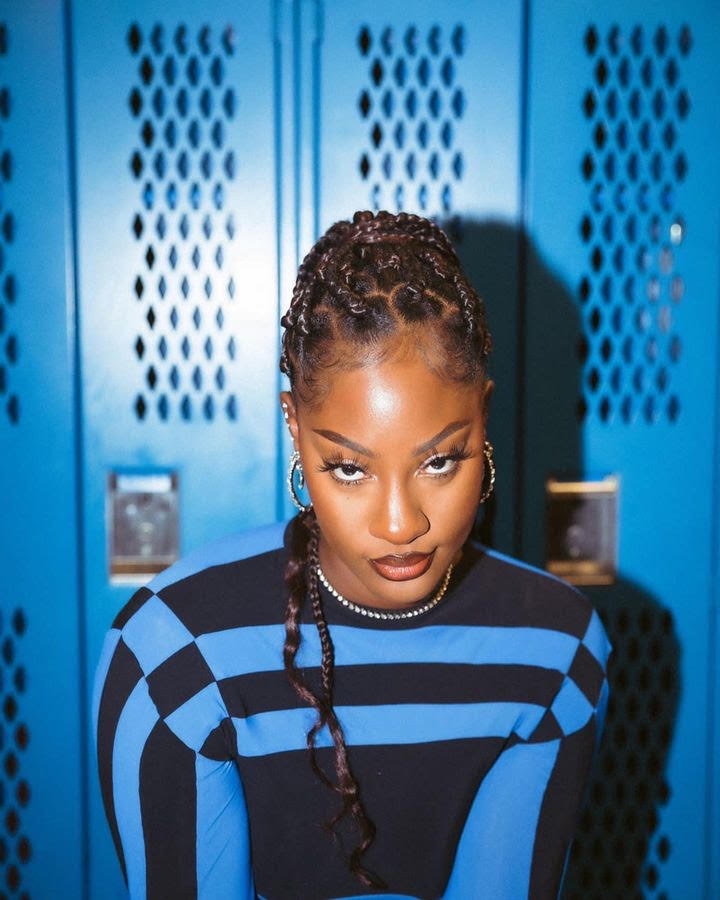As the music industry grapples with the far-reaching implications of artificial intelligence, Warner Music Group CEO Robert Kyncl is being mindful of the opportunities it will create. “Framing it only as a threat is inaccurate,” he said on Tuesday (May 9) during the earnings call for the company’s second fiscal quarter ended March 31.
Kyncl’s tenure as chief business officer at YouTube informs his viewpoint on AI’s potential to contribute to the music industry’s growth. “When I arrived [at YouTube] in 2010, we were fighting many lawsuits around the world and were generating low tens of millions of dollars from [user-generated content],” he continued. “We turned that liability into a billion-dollar opportunity in a handful of years and multibillion-dollar revenue stream over time. In 2022, YouTube announced that it paid out over $2 billion from UGC to music rightsholders alone and far more across all content industries.”
Not that AI doesn’t pose challenges for owners of intellectual property. A wave of high-profile AI-generated songs — such as the “fake Drake”/The Weeknd track, “Heart on My Sleeve,” by an anonymous producer under the name Ghostwriter — has revealed how off-the-shelf generative AI technologies can easily replicate the sound and style of popular artists without their consent.
“Our first priority is to vigorously enforce our copyrights and our rights in name, image, likeness, and voice, to defend the originality of our artists and songwriters,” said Kyncl, echoing comments by Universal Music Group CEO Lucian Grainge in a letter sent to Spotify and other music streaming platforms in March. In that letter, Grainge said UMG “would not hesitate to take steps to protect our rights and those of our artists” against AI companies that use its intellectual property to “train” their AI.
“It is crucial that any AI generative platform discloses what their AI is trained on and this must happen all around the world,” Kyncl said on Tuesday. He pointed to the EU Artificial Intelligence Act — a proposed law that would establish government oversight and transparency requirements for AI systems — and efforts by U.S. Sen. Chuck Schumer in April to build “a flexible and resilient AI policy framework” to impose guardrails while allowing for innovation.
“I can promise you that whenever and wherever there is a legislative initiative on AI, we will be there in force to ensure that protection of intellectual property is high on the agenda,” Kyncl continued.
Kyncl went on to note that technological problems also require technological solutions. AI companies and distribution platforms can manage the proliferation of AI music by building new technologies for “identifying and tracking of content on consumption platforms that can appropriately identify copyright and remunerate copyright holders,” he continued.
Again, Kyncl’s employment at YouTube comes into play here. Prior to his arrival, the platform built a proprietary digital fingerprinting system, Content ID, to manage and monetize copyrighted material. In fact, one of Kyncl’s first hires as CEO of WMG, president of technology Ariel Bardin, is a former YouTube vp of product management who oversaw Content ID.
Labels are also attempting to rein in AI content by adopting “user-centric” royalty payment models that reward authentic, human-created recordings over mass-produced imitations. During UMG’s first quarter earnings call on April 26, Grainge said that “with the right incentive structures in place, platforms can focus on rewarding and enhancing the artist-fan relationship and, at the same time, elevate the user experience on their platforms, by reducing the sea of noise … eliminating unauthorized, unwanted and infringing content entirely.” WMG adopted user-centric (i.e. “fan-powered”) royalties on SoundCloud in 2022.



